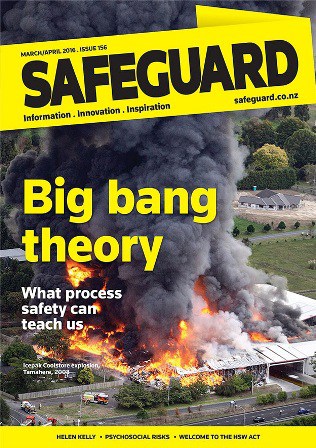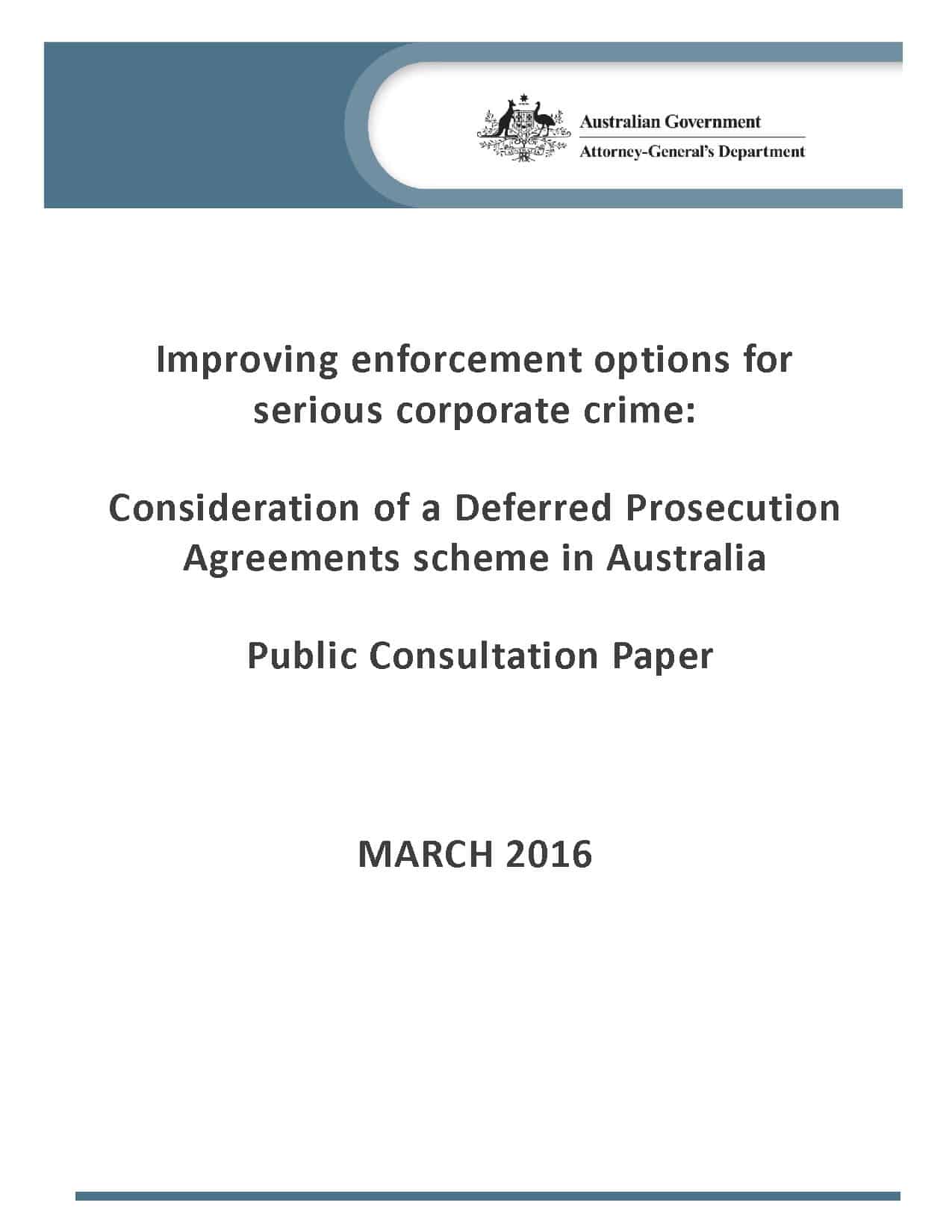 Last year Professor Andrew Hopkins‘ contribution to occupational health and safety (OHS) was celebrated in Australia. At the event, a publisher was promoting Hopkins’ upcoming autobiography. The book is not an autobiography, it is better.
Last year Professor Andrew Hopkins‘ contribution to occupational health and safety (OHS) was celebrated in Australia. At the event, a publisher was promoting Hopkins’ upcoming autobiography. The book is not an autobiography, it is better.
The book is called “Quiet Outrage – The Way of a Sociologist” and was released in March 2016. Don’t be surprised if you have not heard of this new release. The publisher, Wolters Kluwer, seems to have done next to nothing to promote this book even though Hopkins’ works have been a major seller for the company. Hopkins writes that 90,000 copies of his books have been sold around the world – an extraordinary achievement for an Australian sociologist. Continue reading “Quiet Outrage inspires”




